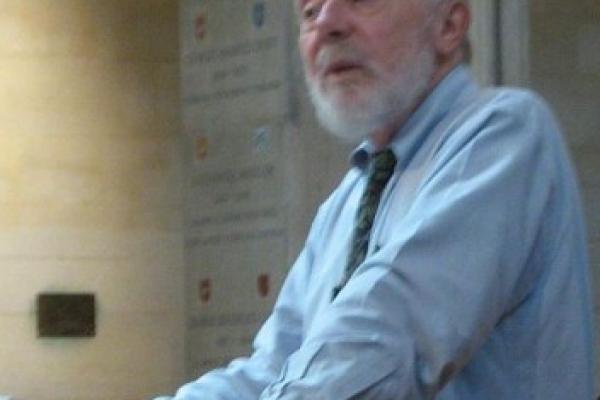Borg, a prominent liberal theologian and Bible scholar who for a generation helped shaped the intense debates about the historical Jesus and the veracity and meaning of the New Testament, died on Jan. 21. He was 72 and had been suffering from a prolonged illness, friends said.
Borg emerged as a major voice in biblical studies in the 1980s just as academics and theologians were bringing new energy to the so-called “quest for the historical Jesus,” the centuries-old effort to disentangle fact from myth in the Gospels.
Alongside scholars such as John Domonic Crossan, Borg was a leader in the Jesus Seminar, which brought a skeptical eye to the Scriptures and in particular to supernatural claims about Jesus’ miracles and his resurrection from the dead.
Like many of those critical scholars, Borg tended to view Jesus as a Jewish prophet and teacher, like many figures who emerged from the religious ferment of first-century Judaism.
But while Borg questioned the Bible, he never lost his passion for the spiritual life or his faith in God as “real and a mystery,” as he put it in his 2014 memoir, Convictions: How I Learned What Matters Most, the last of more than 20 books he wrote, many of which helped popularize scholarship about the historical Jesus among lay Christians.
“Imagine that Christianity is about loving God. Imagine that it’s not about the self and its concerns, about ‘what’s in it for me,’ whether that be a blessed afterlife or prosperity in this life,” Borg wrote.
David Gibson is an award-winning religion journalist, author, and filmmaker. Via RNS.
Got something to say about what you're reading? We value your feedback!
